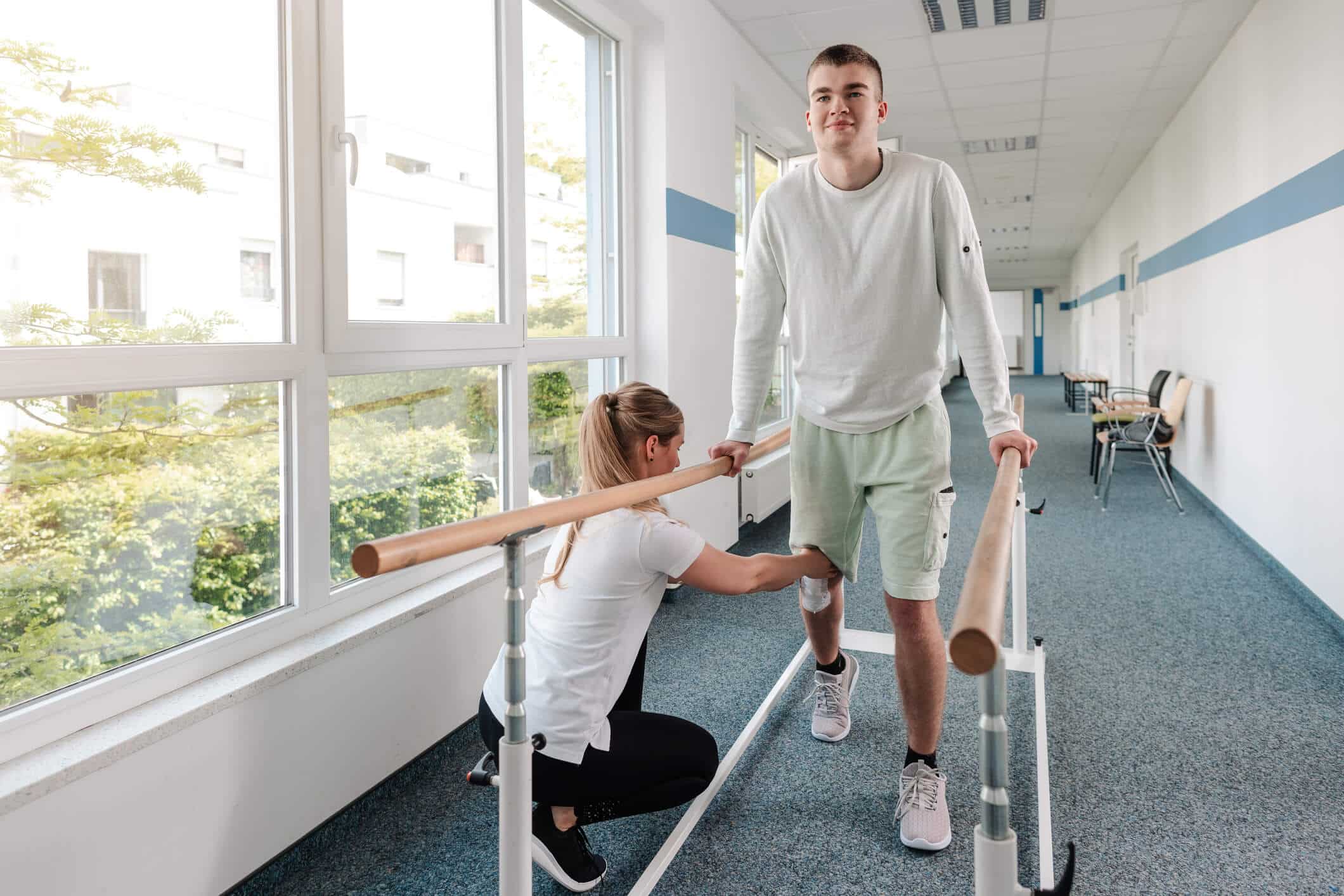3 Reasons Why Sports Physiotherapy Is A Good Career Choice
In recent posts, we have explored the relationship between physiotherapy and sports medicine as career options. The two career paths are closely related and it is only natural to ask whether it makes sense to combine them. In this post, we set out to answer that questions and provide three reasons why sports physiotherapy can be a good career choice.
Our hope is that you will be able to use the information in this article to decide whether sports physiotherapy would be a good “fit” for your personality and career interests.
What Is Sports Physiotherapy?
It is a specialized branch of physiotherapy in which you learn how to help athletes avoid sports injuries, treat injuries when they occur and recover from injuries as quickly as possible. Sports physios focus on helping athletes to perform at their best. Most of them work in private practice as consultants or are employed by amateur or professional sports teams or organizations.
Is Sports Physiotherapy A Good Career Choice?
We will now provide three potential reasons why a career in sports physiotherapy might be a good choice for you.
If You Enjoy Working With Elite Athletes
If you have a strong interest in a particular sport or in sports in general, a career in sports physiotherapy will allow to you build that in to your vocation. Sports physiotherapists work mainly or exclusively with top level athletes and have the opportunity to help them maintain high levels of performance through optimal injury treatment and/or management strategies. You will also provide advice on how to avoid injuries that may shorten or otherwise adversely affect their careers.
Working with athletes in this way will allow you to understand in detail the demands of a particular sport. If you work with athletes from several disciplines, you can then improve your understanding not just of the physical and technical demands of a particular sport but of the mental qualities required to succeed in high level competition.
Having invested a significant effort in maintaining your clients’ health, it can be a tremendous source of satisfaction to see them perform at their best levels in competition or training.
If You Have Strong Inter-Personal and Communication Skills
Sports physios tend to work one on one with their clients. This means that your interpersonal and/or communication skills are of prime importance. You will need to develop a relationship of trust with your client so that he/she will repose full confidence in your advice.
As with most medical practitioners, this “bedside manner” is of critical importance to your effectiveness. Indeed, in many cases it equals your technical skills and knowledge in terms of importance. You will need to be skilled at “reading ” the personality of your client and understanding the best way to win his/her confidence in your advice.
If you enjoy interacting in this manner with a wide variety of personalty types and building strong relationships, a career as a sports physio is a great choice for you.
If You Enjoy A Rigorous Learning Environment
As mentioned in an earlier article, physiotherapy in general requires completion of an undergraduate university degree as well as hundreds of hours of practical internship. To qualify as a sports physiotherapy usually requires many hours of additional study in this specialized branch of physiotherapy. As a result, qualification as a sports physio will usually require significant personal discipline and commitment to the learning process.
Even after obtaining a degree in physiotherapy, a sports physiotherapist will need to complete several hours of continuing training each year to maintain his or her sports physio credentials.
As a result, a sports physiotherapy career is a good choice if you enjoy going through a structured process to acquire knowledge that you can then apply for the benefit of your patients.
What Are Some Of The Challenges Of Working As A Sports Physiotherapist?
In addition to the factors presented above, you should be aware that working as a sports physio frequently requires moving or supporting an injured person. It is therefore a physically demanding career and will require an above average level of physical fitness.
In addition to its physical demands, working as a sports physiotherapist is truly a full time career and is not a 9 to 5 job. You will frequently be required to work 7 days a week and even during evenings, depending on the timing of games or training sessions.
Finally, as a sports physio, you will often be required to give athletes advice and assistance in stressful situations such as in the midst of a game.
Conclusion
We have presented three reasons why a career in sports physiotherapy may be a good choice for you. We have also presented some of the key demands and challenges of this career choice.
If you think that these reasons are a good fit with your particular strengths, you can investigate this career path in further detail here.







